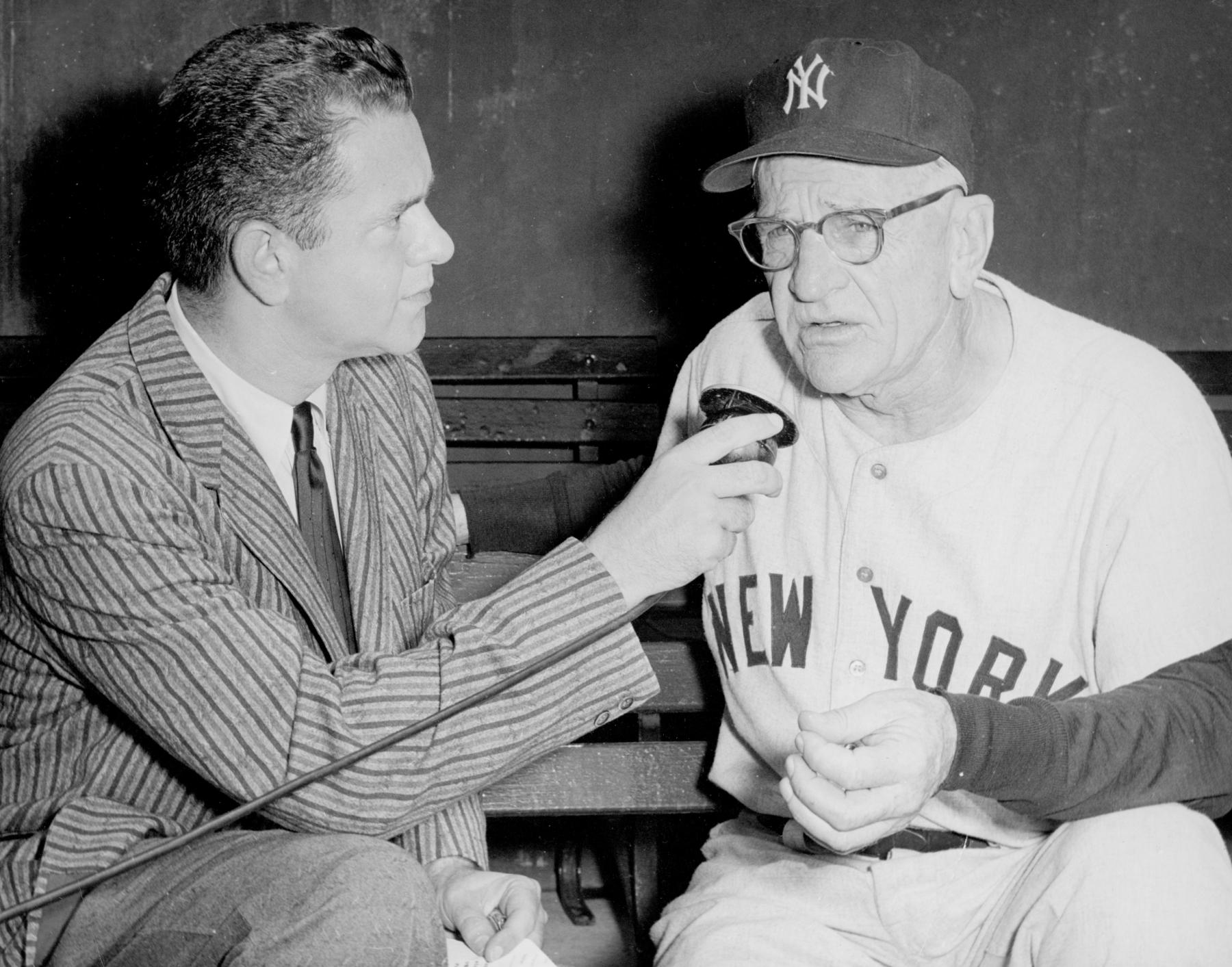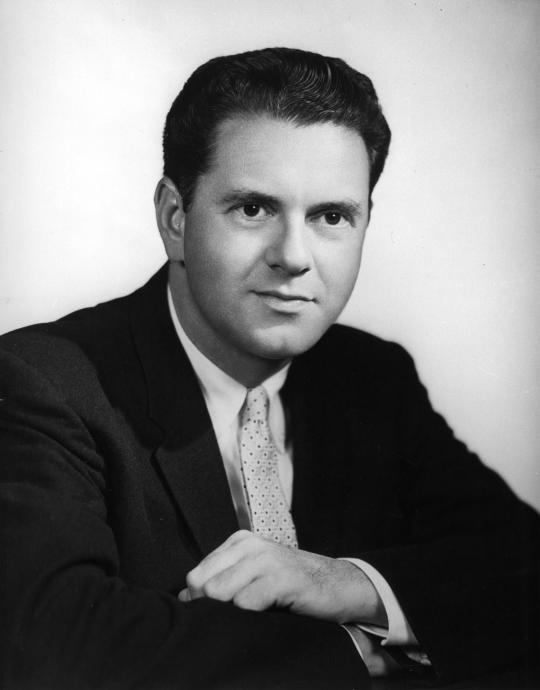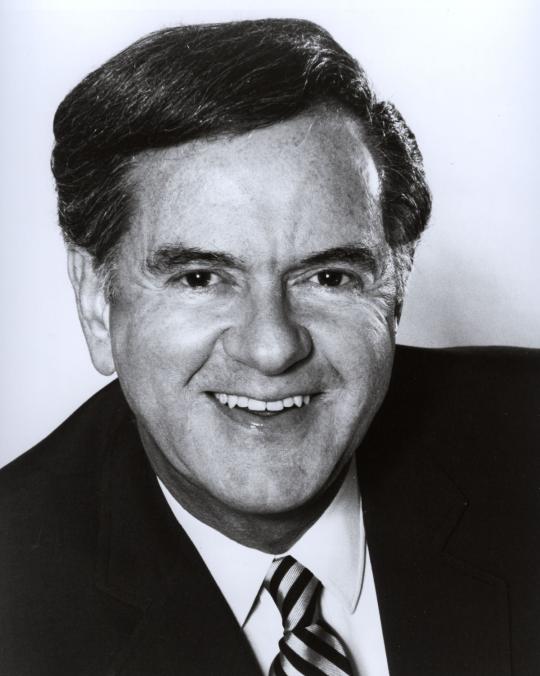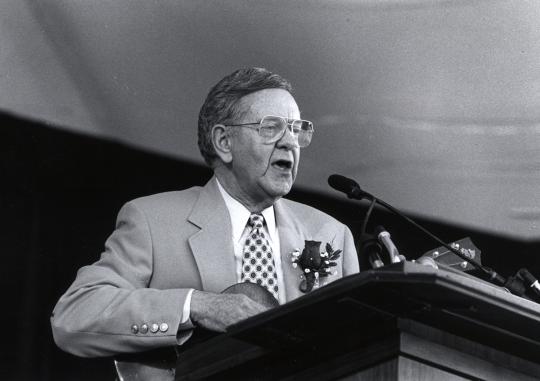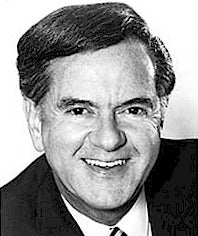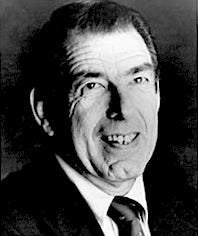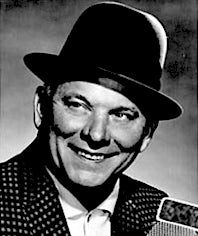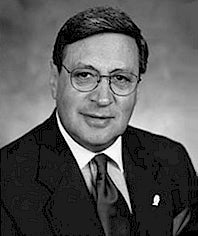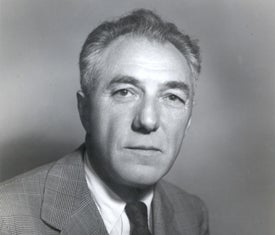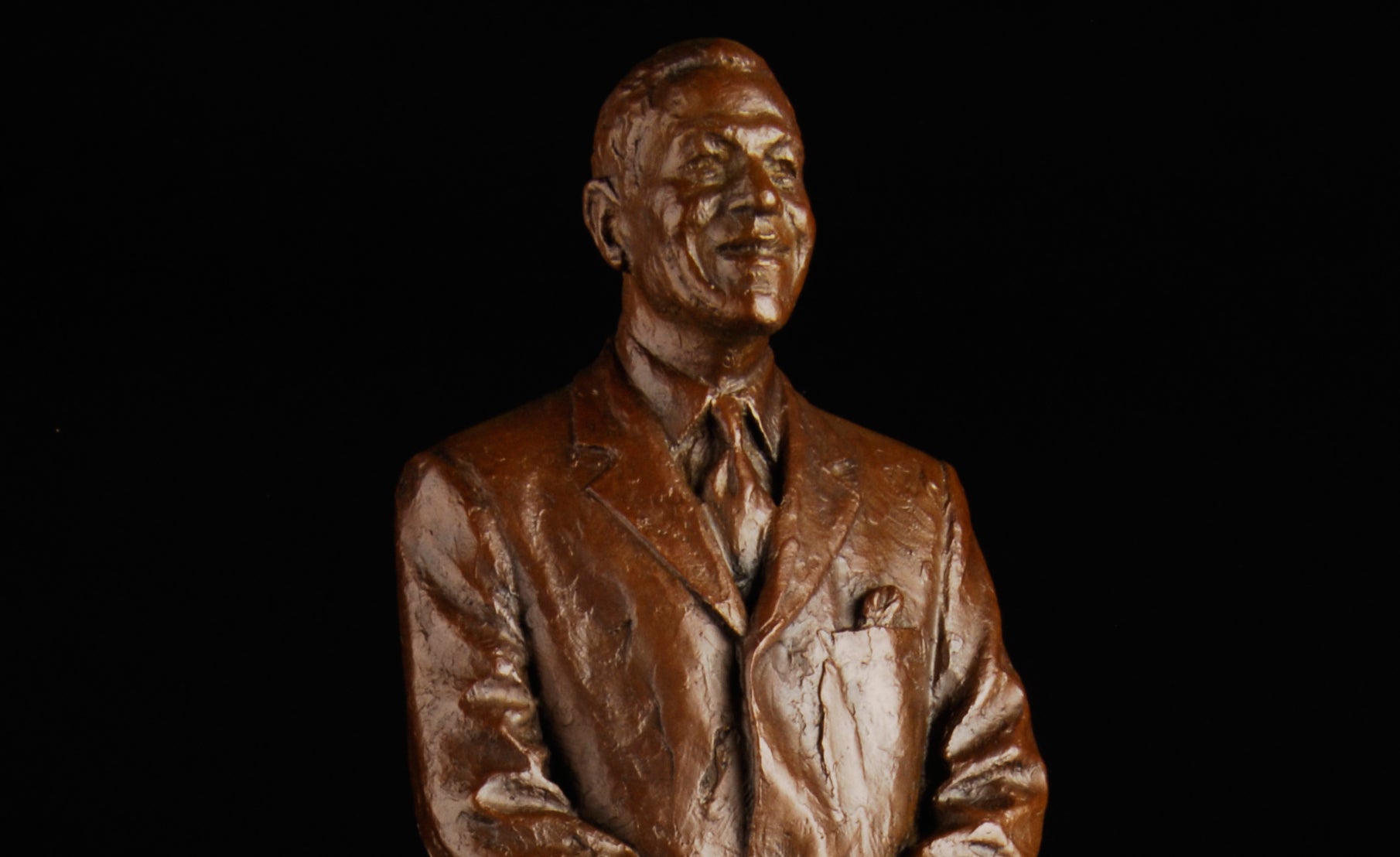Bob Wolff, 1995 Frick Award winner, remembered for versatility and enthusiasm
Bob Wolff experienced heaven on earth in Cooperstown.
But it was Wolff’s time behind the microphone, however, that immortalized him in the family of baseball.
Wolff, who said at the 1995 National Baseball Hall of Fame Induction Ceremony after accepting the Ford C. Frick Award for major contributions to baseball broadcasting that “I feel as if I’ve gone to heaven before I died,’ passed away on July 15, 2017, at the age of 96.
Wolff’s career was not only long but extensive, broadcasting everything from the Westminster Club Dog Show to surfing championships. Having spent nine different decades behind a microphone, baseball fans will remember him best for his years with the old Washington Senators, when from 1947 to 1960 he made what was usually a losing battle for the team from the nation’s capital an entertaining show for its fans.
“I never had to say who was winning or losing,” Wolff once joked. “I just gave the score.”
Wolff, born Nov. 29, 1920, in Manhattan and raised on Long Island, began his professional career in 1939 on CBS radio, WDNC in Durham, N.C., while a student at Duke University. Having attended Duke on a baseball scholarship, Wolff suffered a broken ankle during a rundown between first and second base. That injury became impetus the young center fielder needed to ask his coach at the time, former big league hurler Jack Coombs, where his future lay – behind a microphone or on a big league ball field.
Coombs’ answer: “I've never see an arm or leg outlast a voice. If you want the big leagues, start talking.”
The Duke Phi Beta Kappa took the advice.
A stint in the Navy and a transfer to Washington, D.C. eventually led to a radio job in the District with WINX, where in 1946 he was named sports director. The next year, the 26-year-old Wolff became the voice of the DuMont Network's WTTG-TV. Wolff was now a trailblazer in the new television industry, with the only other commercial station in New York City.
“I think, if you added all the time up, I’ve spent about seven days of my life standing for the National Anthem,” Wolff once said.
Wolff concluded his Frick Award acceptance speech by sharing how fortunate he had been in both his life and career.
“My wish is that I’ve been able to contribute the same happiness to the lives of others they’ve brought to mine,” he said. “I’ve had the good fortune to be at the mic and make the play-by-play calls of some of sports’ most memorable moments. But the call that’s the greatest in my life was the call made to me by Ed Stack, the Chairman of the Baseball Hall of Fame, with the historic news that I had been selected for the broadcast wing of the Baseball Hall of Fame. That to me is the greatest call of all.”
Then taking out his ukulele, the same instrument in which he led the “Singing Senators” in the 1950s, he serenaded the crowd with a heartfelt rendition of “Take Me Out to the Ball Game.”
Bill Francis is a Library Associate at the National Baseball Hall of Fame and Museum

